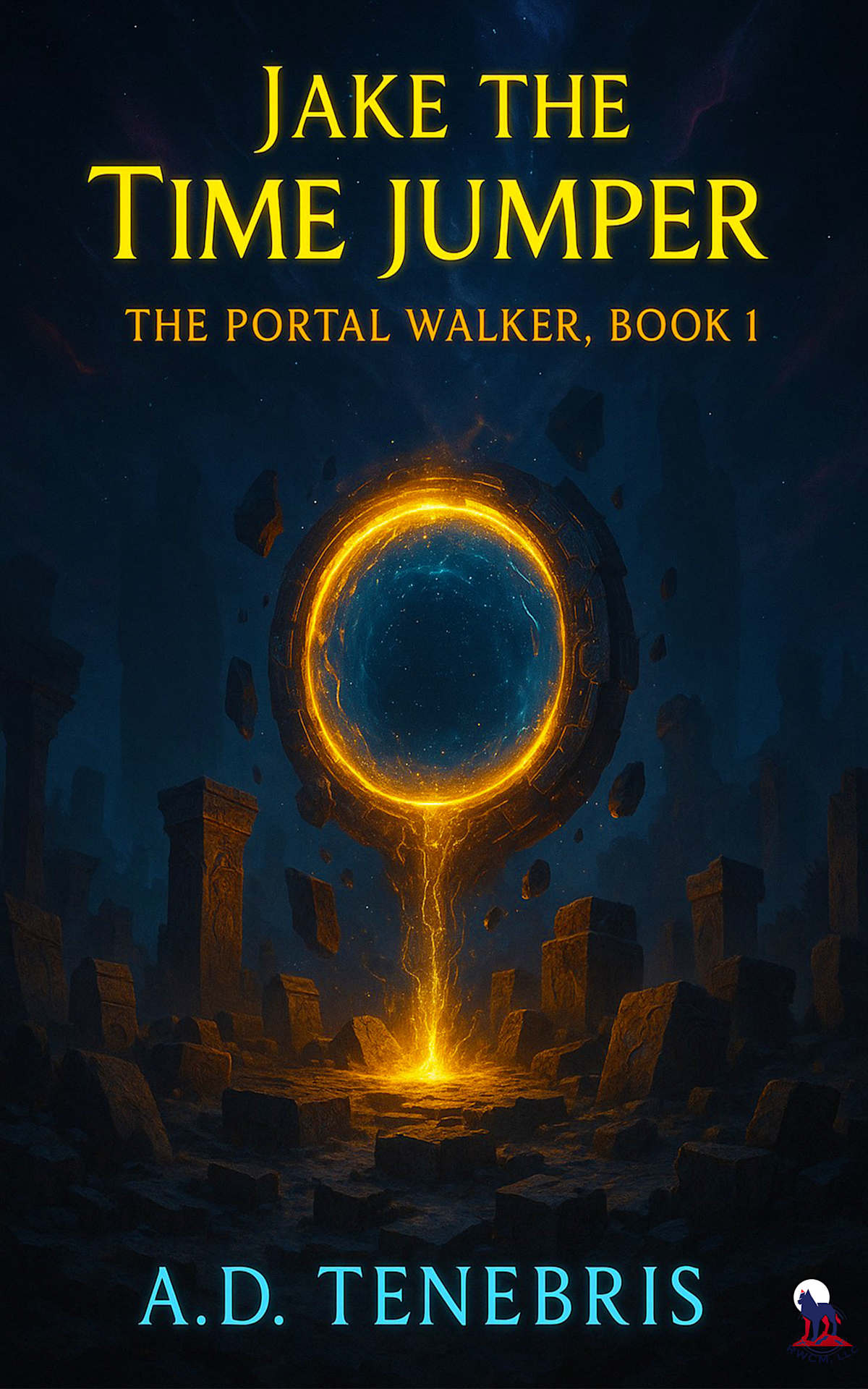In many time travel stories, the past is portrayed as something to be endured—brutal, backward, and waiting to be corrected by a modern protagonist with tech in hand and logic in mind. But in Jake the Time Jumper, I wanted to flip that narrative. What if the past wasn’t just a stepping stone toward progress? What if it held truths, resilience, and knowledge modern minds have long since forgotten?
When Jake arrives in the ancient world, disoriented and clutching his jury-rigged coding rig, he assumes his greatest asset is his future-born intellect. But he quickly learns that survival isn’t about who knows the most equations or carries the most gadgets—it’s about who listens. And the people he meets, especially Amna’s tribe, are far from primitive.
They understand the land on a molecular level—where to find water in stone, how to read the wind before a storm, how to translate a bird’s silence into a warning. But their brilliance goes deeper. They tell stories encoded with astronomy, myths laced with physics, rituals that mirror emotional intelligence and communal resilience. Their oral histories carry timelines in a way Jake’s fragmented data can’t match. It forces him to stop “teaching” and start learning.
Amna, in particular, challenges Jake’s perception of progress. She’s observant, strategic, and emotionally grounded. She may not speak his language—or understand coding syntax—but she reads people better than any algorithm. Her insight helps Jake survive, adapt, and question the arrogance of assuming new always means better.
What if ancient wisdom isn’t “less evolved,” but just a different operating system? What if it’s more holistic, more human?
Modern science often isolates—data in one box, emotions in another, history stored on a server. But ancient peoples combined them. They tracked stars not only for navigation but for mythic meaning. They healed with plants and stories. They valued time as a living presence, not a linear threat. And in a book about fractured timelines, that wisdom becomes not only relevant—it becomes necessary.
In Jake the Time Jumper, the past is alive with secrets. Elders speak in parables that echo across dimensions. Sacred objects are encoded with meaning Jake’s tech can’t decipher without context. And perhaps most importantly, the tribe knows that some things—grief, memory, trust—can’t be rushed or reverse-engineered. They must be lived.
By the end of his journey, Jake isn’t just trying to get back home. He’s trying to carry something forward. A piece of wisdom not stored on a drive, but etched into the choices of those who came before.
Because maybe the past isn’t obsolete.
Maybe it’s a mirror we’ve stopped looking into.
And sometimes, the smartest thing a time traveler can do… is listen.
